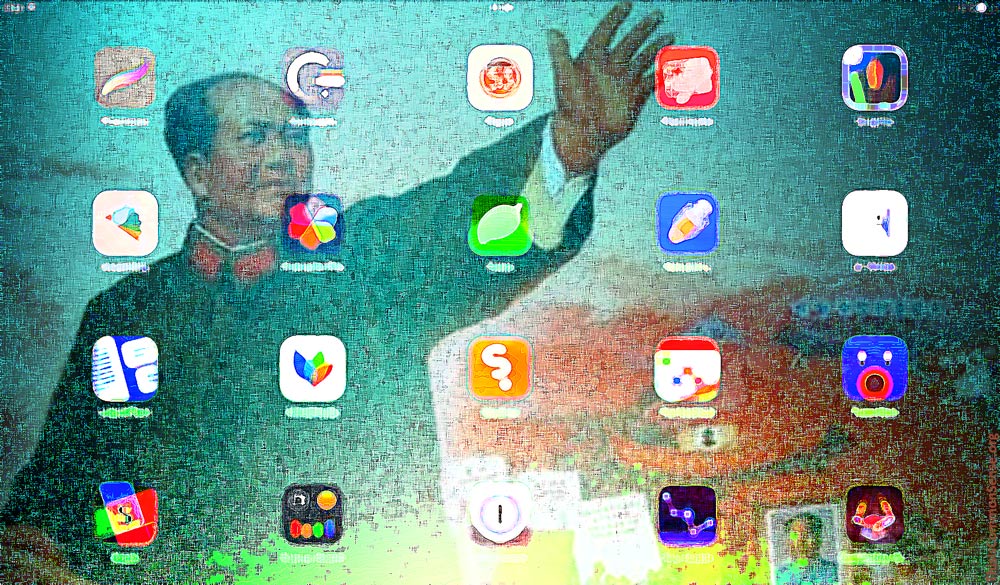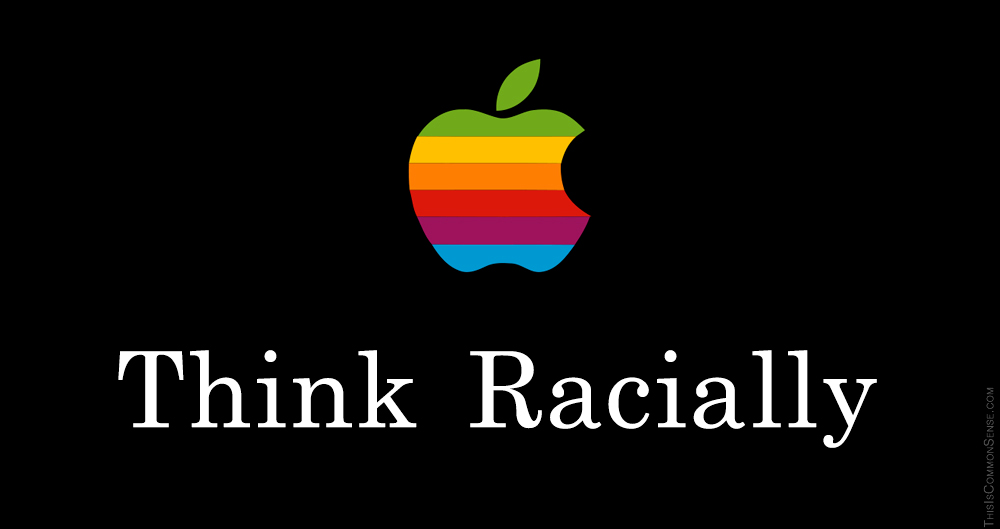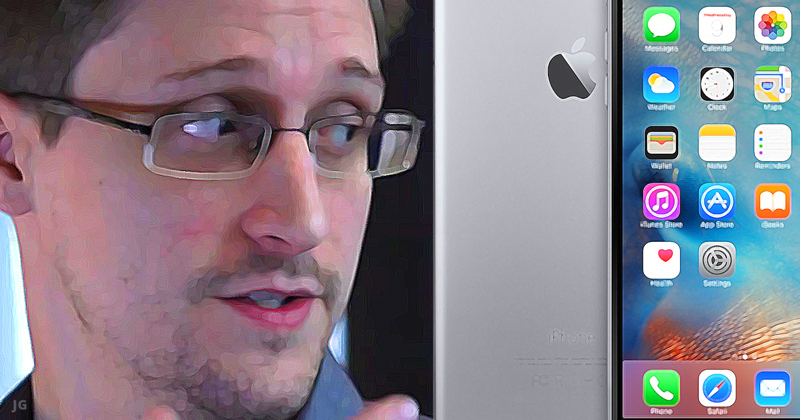Sometimes you should not try a balancing act.
Last weekend, Hong Kong citizens voted in opposition primaries — conducted in defiance of China’s new “national security” law that deprives Hong Kong of the last vestiges of democracy and individual freedom that the region had been allowed to retain after Great Britain handed it over to China in 1997.
General elections will be held in September.
The primary organizers developed a voting platform called PopVote with apps for iOS and Android.
Although China condemns the elections as illegal, Google has accepted the app for Android. But Apple first voiced technical objections to the code; then, after programmers made requested changes, the company stopped responding to them at all.
“We think it is being censored by Apple,” says Edwin Chu, one of the developers.
It wouldn’t be the first time Apple has rejected apps in obedience to the Chinese government.
The Quartz website says that the firm “has long had to walk a tightrope between its commitment to user rights and placating China” because of the large market for (and production of) iStuff in that country.
Apple’s conduct may be unfavorably compared to that of companies like the one responsible for the secure messaging app Telegram. When China banned the app in 2015, founder Pavel Durov saw no point trying to get the ban reversed. He said: “It’s pretty obvious that the Chinese government’s desire for total control over its population is incompatible with our values.”
Not so incompatible with Apple’s values, apparently.
This is Common Sense. I’m Paul Jacob.
—
See all recent commentary
(simplified and organized)









